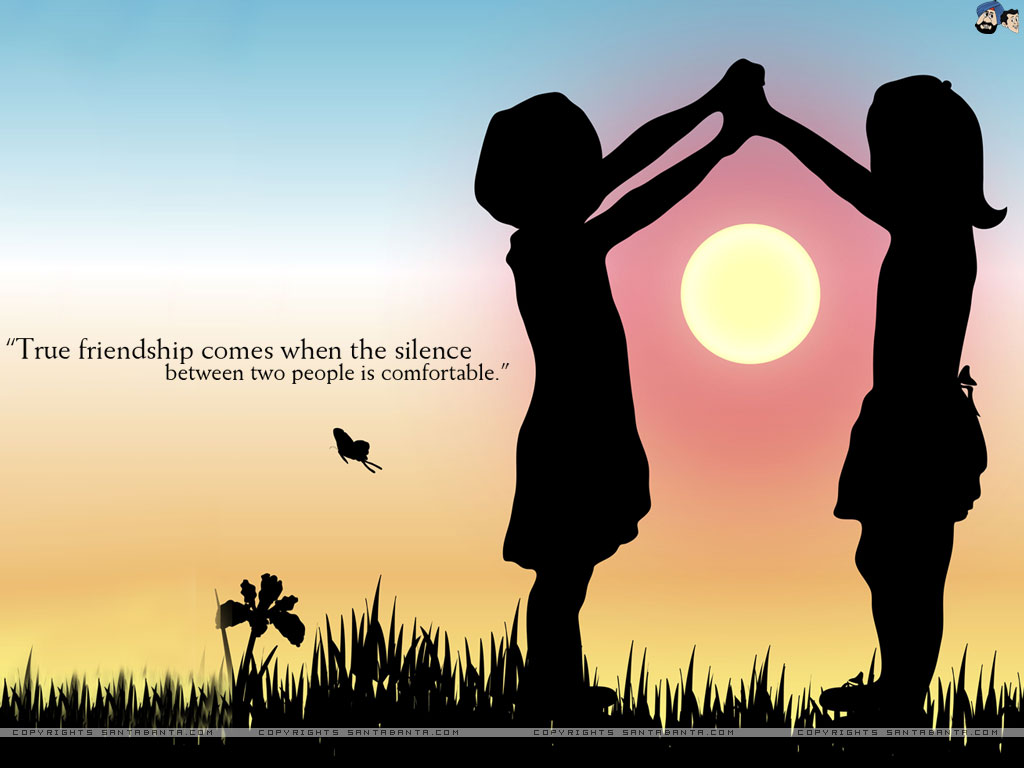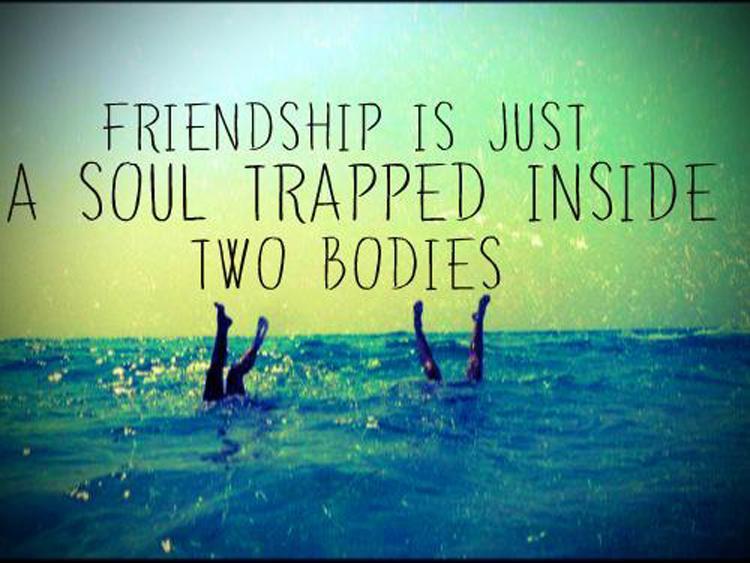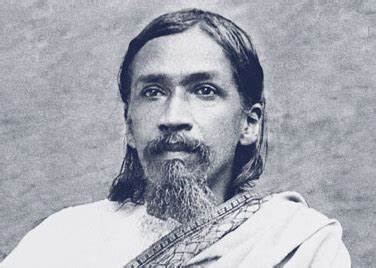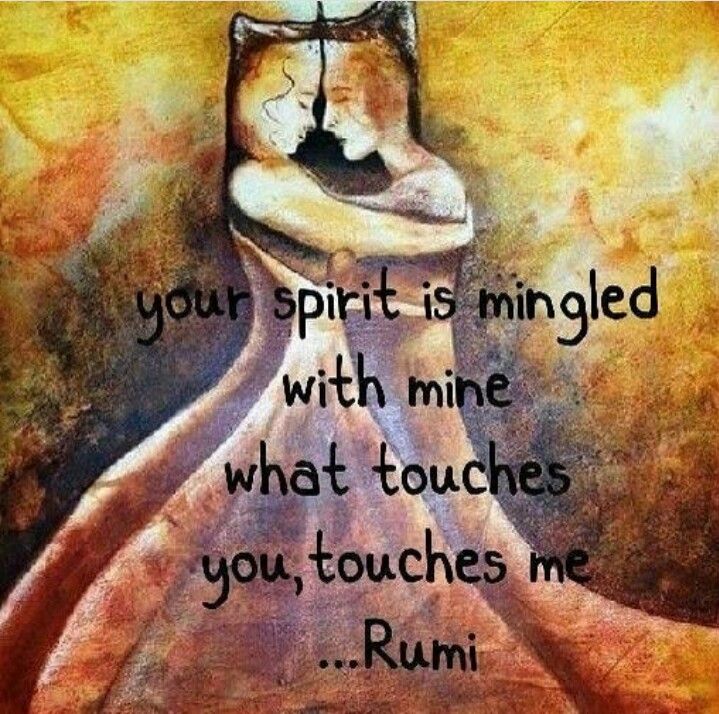Notes On counselling
Apropos Friendship
Abstract
The gradual disappearance of friendship as an institution is disturbing. Yet it was inevitable unless we shifted from the outer to the inner being. The friendship of the future would be based on soul-camaraderie.. Mysticism adds another dimension by abandoning the friendship that is based on self-love.
One intriguing experience has been plaguing me in my therapeutic space in recent years, that most subjects from school toddlers to young adults reveal the absence of a best friend. Sometimes children and adolescents are more candid in declaring that they have no friends at all. Obviously, they move in groups in schools and playgrounds but they do not relate to others or cannot share anything deeply personal with others. And this trend continues in most cases in later life too. I have become deeply disturbed to envisage a friendless society. In fact, Baden Powell conceived of the Boy Scouts movement by working on the friendship fostered by the gang spirit of children and adolescents!
Is this disappearing friendship an index of the modern craze for cyberspace where private and public spaces coalesce, allowing one to drift without values and restraints in uncharted territories where often artificial friends are cheer-leaders? I understood this phenomenon when I was dealing with older girls, who even after ceasing to play the dreaded game Blue Whale (where they succumbed to orders of killing themselves), could not get over their suicidal ideas. I realised that if one has not organised one’s personality around a central integrating principle, one can easily be led astray to nethermost zones of cyberspace where one is totally isolated, desolate and friendless in a spirit-free zone.
However, the disappearance of friendship in a cyber age could be the culmination of a phenomenon that started long back. Michel Foucault traced the beginning of the disappearance of the institution of friendship to the sixteenth and seventeenth centuries that paralleled the consideration of homosexuality as a socio-political-medical issue. It was a bit strange that friendship which was an open-ended relationship of obligations and value-sharing was equated with something that appeared as an apparent violation of social and biological norms. Foucault seemed to study both phenomena as belonging to the same system of bio-power that prescribes normative social rules (1).
A shift in the base of bio-power could also signal a shift in the style of friendship. In the linking of an aesthetic based individual friendship to an ethical based social narrative that approves or disapproves types of friendship (like gay relationships), the political element becomes another determinant of friendship. Things get complicated because political power can facilitate certain types of friendship and as a corollary identify enemies as if enmity per se was programmed in friendship.
Everyone would not agree to such sweeping generalisations. I recall old-timers, who have passed away, describing that all social values started having a sea-change during the Second World War. This was not surprising as induction of millions of citizens in warfare resulted in a massive reversal of ethical codes of conduct. When the Great War ended, the reversal of ethical codes extended to social life. The Devil would now incarnate in a new form. In Aurobindonian terms, this facilitated the workings of the mentalised vital — the Asura. The Asura is the Devil in his intellectual make-up and eulogises perversion. In the post-modern world where all restraints, psychological and social, proved counter-productive, perversion rapidly reached new heights.
Pornography became a multi-million-dollar industry and in public life sex was divorced from love and romance. With the advent of cyberspace that engulfed the globe, the Asura extended his domain to shatter the basis of trust and sincerity without which true friendship cannot sustain itself but paradoxically, virtual friendships can emerge. It is in this background that friendship in private as well as in public life began to lose its appeal and cohesiveness.
A consciousness perspective of friendship
A consciousness perspective would not find it strange to view the gradual decadence of the institution of friendship. Firstly, most human relations occur in the surface personality or outer being and are modulated by the vital that is the plane of life-energy and which holds our desires, passions, lusts, emotional reactions and dynamism. Secondly, the outer being revolves around the ego and consequently friendship succumbs to the demands, turbulences, preferences and idiosyncrasies of the vital. Very few friendships can be deep and enduring at this surface being. Even the common belief that adolescence fosters true friendship may be over-rated.
Blos, one of the early researchers in depth psychology of adolescence, felt that relationships at this stage were marked by frequent and abrupt changes which were indications of essential shallowness. Besides, the motive-force behind them was not the need for personal contact but the intensity of feeling and agitating of emotion. The boisterousness of adolescence might be the stimulation to escape inner loneliness (that follows the breaking of infantile ties) and the adolescent’s peer group might give some relief, allowing the subject to experience feelings such as stimulation, empathy, belongingness, the opportunity for role-playing, identification and the sharing of guilt and anxiety, feelings needed for individual growth (2). Yet that does not guarantee a stable and enduring pattern of friendship.
As the vital plane of consciousness is the repertoire of conflicting emotions, it is the basis of ambivalence or mixed feelings and any friendship at the outer being or surface personality would inevitably carry this attitude which would be a deterrent to the stability of friendship. One could argue that despite ambivalence, relationships between adolescents and their mothers remain positive in the long run in the majority of cases but biological ties would have some innate advantages over social bonds.
What would then be the basis of true friendship? Aristotle distinguished three types of friendship: friendships of pleasure, of utility and of virtue. In the Aurobindonian parlance, all the three types fall in the domain of the outer being. One would be surprised to place virtue on the same pedestal as pleasure and utility. But Sri Aurobindo considers that ethics (which is the basis of virtues) is transitional. The ethical trajectory starts from an infra-ethical level, traverses the ethical domain and evolves into a supra-ethical consciousness. This evolutionary journey of the ethical dimension cannot be accessed at the outer being. It can be experientially realised by the inner being, by developing supra-rational faculties. The inner being is supported not by the ego but by the soul-principle.
The friendship of the future
In Aurobindonian parlance, it is the deeper soul-principle that would be the basis of the new friendship. The friendship of the future would be based on soul-camaraderie. This would be the basis of new virtues that would manifest as the human consciousness evolves. Sri Aurobindo considers the present human being a half-made creature who can grow out of his present limitations and imperfections to evolve into a Gnostic Being.
In Sri Aurobindo’s vision, the friendship based on soul-consciousness has not only relevance in inter-personal life but also in collective life. He was contemplating to design a module of global unity but found that it was difficult to reconcile liberty or freedom with equality, for an emphasis of one at the cost of the other would lead either to an anarchy or State-sponsored robotic hegemony. The only way to break the impasse was to replace the base of fraternity from a mechanical comradeship to a soul-comradeship. In his treatise, The Ideal of Human Unity he painstakingly explains how a soul-based fraternity could alone lead to a harmony of liberty and equality that would in turn lead to a reconciliation of the individual and the collectivity paving the way to global unity — a feat that has hitherto been a Utopian dream.
Friendship in spiritual pursuit
As it is the soul which is the basis of genuine friendship, it is not surprising that a seeker of the Truth has to wade his or her way through the vicissitudes of relationships until one realises that there is an inner gap that cannot be filled up by anything else than the divine Presence. Once that poise is consolidated, new friendships, that are in consonance with one’s spiritual growth, manifest. For that one may have to forego friendships cherished so far with detachment and equipoise and even harbouring no ill-will towards those who displayed undesirable behaviour. One realises that it is the Divine who sanctions and breaks relationships until one can experience the eternal Friend!
Sri Aurobindo explains:
“Friendship or affection is not excluded from the yoga. Friendship with the Divine is a recognised relation in the sadhana. Friendships between the sadhaks exist and are encouraged by The Mother. Only, we seek to found them on a surer basis than that on which the bulk of human friendships are insecurely founded. It is precisely because we hold friendship, brotherhood, love to be sacred things that we want this change — because we do not want to see them broken at every moment by the movements of the ego, soiled and spoiled and destroyed by the passions, jealousies, treacheries to which the vital is prone — it is to make them truly sacred and secure that we want them rooted in the soul, founded on the rock of the Divine (3).”
“In yoga friendship can remain but attachment has to fall away or any such engrossing affection as would keep one tied to the ordinary life and consciousness (4).“
Mystic love
In meta-psychological parlance, the most significant friend that one has to abandon is one’s ego, one’s dying false self when one yearns to be a true lover of the Lord! If one’s ego turns against that, it would signal the beginning of the true bond of love. Rumi expresses it poignantly:
“In that moment you are drunk on yourself,
The friend seems a thorn,
In that moment you leap free of yourself, what use is the friend?
… In that moment you are drunk on yourself,
You lock yourself away in cloud after cloud of grief,
And in that moment you leap free of yourself,
That moment you are drunk on yourself, the friend abandons you.
That moment you leap free of yourself, the wine of the friend,
In all its brilliance and dazzle, is held out to you.
That moment you are drunk on yourself,
You are withered, withered like autumn leaves.
That moment you leap free of yourself,
Winter to you appears in the dazzling robes of spring.
All disquiet springs from the search for quiet.
Look for disquiet and you will come suddenly on a field of quiet.
All illnesses spring from the scavenging of delicacies.
Renounce delicacies and poison itself will seem delicious to you.
All disappointments spring from your hunting for satisfactions.
If only you could stop, all imaginable joys
Would be rolled like pearls to your feet.
Be passionate for the friend’s tyranny, not his tenderness,
So the arrogant beauty in you can become a lover that weeps.”(5).”
References
1. Lawlor L, Nale J. Friendship. Cambridge: Cambridge University Press; 2015, p..162.
2. Blos P. In: Relationships in Adolescence Coleman JC (ed). London: Routledge & Kegan Paul; 1974, pp. 9-10.
3. Sri Aurobindo. Sri: The Integral Yoga, Sri Aurobindo’s Teaching and Method of Practice. Pondicherry: Compiled by Sri Aurobindo Ashram Archives and Research Library; 1993, pp. 324-25.
4. Ibid., p. 325.
5. Rumi. In: Harvey A. The Way of Passion. A Celebration of Rumi. UK: Souvenir Press;1995, pp. 308-09.
Dr. Soumitra Basu, a practising psychiatrist and member of SAIIIHR, is the Director of a school of psychology, Integral Yoga Psychology. He is also one of the editors of NAMAH.
Share with us (Comments,contributions,opinions)
When reproducing this feature, please credit NAMAH,and give the byline. Please send us cuttings.






